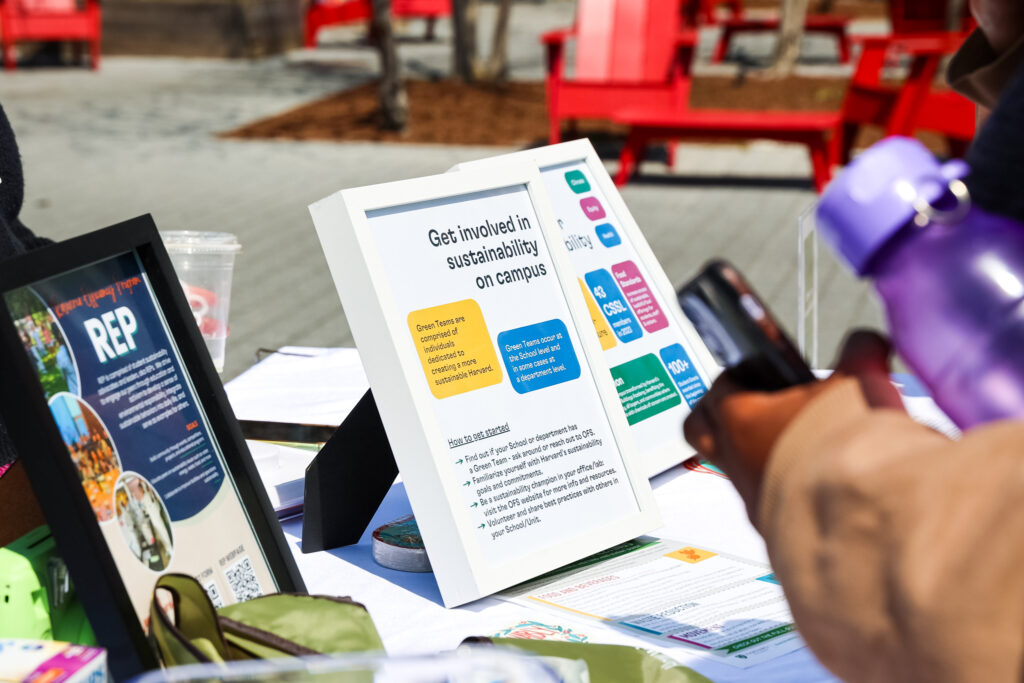Events Calendar Submission

Submit a Sustainability Event
Tell us about your sustainability-related news or event at Harvard so we can help spread the word!

Tell us about your sustainability-related news or event at Harvard so we can help spread the word!